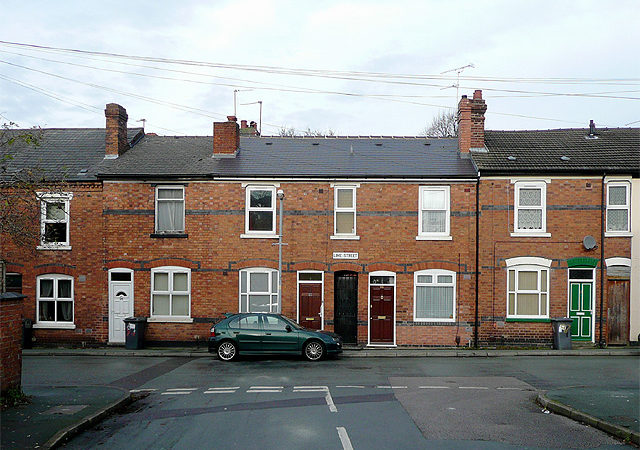Housing expert Kevin Gulliver looks at the detail of Labour's new housing plans.

The Labour party’s social housing Green Paper – ‘Housing for the Many’ – will form the bedrock on which a future Labour government will build 1 million truly affordable homes over ten years. But what are the details?
The government’s so-called ‘affordable rent’ programme, delivered by housing associations with rents set up to 80% of market rents, will be scrapped according the Green Paper.
Under Labour’s proposals, affordability of the new homes built by a Labour government will now be subject to a localised income-based definition – probably set approximately at one third of incomes in a given community, as promised by Labour in its 2017 manifesto.
The majority of new homes will be let at social rents, with savings made on the housing benefit bill, currently approaching £25bn yearly, since the ‘affordable rent’ programme produces rents set £35 per week higher than social rents on average.
Local councils will be enabled again to build affordable homes at scale. And the decline of social housing will be halted by stopping the ‘Right to Buy’.
Alongside an expansion of affordable housing is a commitment to reduce the probability of a second Grenfell Tower disaster, by requiring social landlords to engage in a second ‘decent homes’ programme (the first under John Prescott during the last Labour government). Social landlords will also be required to publish their fire safety standards.
The Green Paper places a more accountable and non-for-profit housing association sector front and centre. Housing associations will be subject to Freedom of Information Requests. Housing associations may have to appoint tenants to their managing boards, based on local consultation. And there will be a ban on prohibit for-profit housing associations, expecting them instead to concentrate on their social housing work.
The planning system will be transformed with a new duty to deliver affordable homes. A Land Trust will be created to boost land availability and to reduce land-banking by big developers. Developers will be required to deliver a better balance between affordable and market homes in their building schemes.
And finance for new affordable housing will be expanded through local councils’ housing revenue accounts and borrowing capacity, while housing associations will have access to Public Works Loan Board funding.
Labour’s commitment to expanding really affordable rented housing stems from the crisis of home ownership for most young people, and to tackle growing waiting lists, homelessness and rough sleeping. These are policies we can welcome across the left.
Kevin Gulliver is Director of Birmingham-based research charity the Human City Institute, is former Chair of the Centre for Community Research, and part of the SHOUT save social housing campaign, but writes in a personal capacity.
To reach hundreds of thousands of new readers and to make the biggest impact we can in the next general election, we need to grow our donor base substantially.
That's why in 2024, we are seeking to generate 150 additional regular donors to support Left Foot Forward's work.
We still need another 124 people to donate to hit the target. You can help. Donate today.



